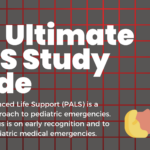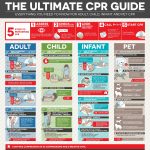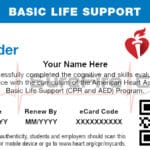Introducing the idea of falling in love to stave off BLS rescue efforts for cardiac events may be a new concept for some but for researchers investigating the effects of love, affection and appreciation on cardiac health, the trend to fall in L-O-V-E for wellness is old news.
Studies have proven the link between long periods of stress or depression and cardiac disease. An accepted medical fact is the increase in blood pressure, abnormal heart rhythms, insomnia, weight gain and frequent illnesses related to a weakened immune system which occur with increased levels of stress hormones over long periods of time. All of this can lead to cardiac injury, stroke and even death.
“What science is finding is what our grandmothers knew all along: You really can die of a broken heart,” says Christine Maguth Nezu, Ph.D., coauthor of The Emotional Wellness Way to Cardiac Health: How Letting Go of Depression, Anxiety and Anger Can Heal Your Heart. (Everydayhealth.com)
However, physicians are finding the opposite is true with emotions associated with love and appreciation.
Making time to spend with friends or loved ones actually lowers blood pressure, something derived from the emotional support of a BFF. Increased heart strength abounds when that twitter-pated, heart-stopping moment occurs as you lock eyes upon your “one-and-only” (include the added spice of sex and your heart has just had a marvelous workout fueled with loving endorphins). Keeping the 9-1-1 call at bay could even happen just by hugging someone. Oxytocin is known to decrease stress, its magic released with a heart-felt hug. Add to that the tincture of a good belly laugh and you have the perfect mix. “Laughter is the best medicine”, a common catch-phrase may not be just a clever quip.
“The magnitude of change we saw in the endothelium [blood vessel lining] after laughing was consistent and similar to the benefit we might see with aerobic exercise or statin use,” Michael Miller MD, a professor of medicine and lead investigator, said in a release from the ESC.
A daily dose of laughter has the opposite effect of stress. Narrowed arteries are opened with a hearty guffaw sending free flowing good will to the tissues of the body, a significant finding presented by the University of Maryland – School of Medicine at the European Society of Cardiology in 2011.
In controlled trials, lowered levels of cholesterol were found in subjects who spent time daily writing their affection on paper. Does this mean that love letters have the power to drop serum cholesterol levels? Who really knows for sure but it couldn’t hurt and according to the above studies, it might actually be beneficial. Delivering that Valentine might just be the answer!
Today is the day for giving and receiving tokens of affection – flowers, chocolate (dark is best filled with heart healthy anti-oxidants), hugs, kisses and notes of affection – a day certainly filled with actions and words set to bolster a healthy heart. No wonder the heart is the symbol for love.
Perhaps the Beatles had it right when they sang, “All you need is love…”
(study information obtained from EveryDayHealth.com)







